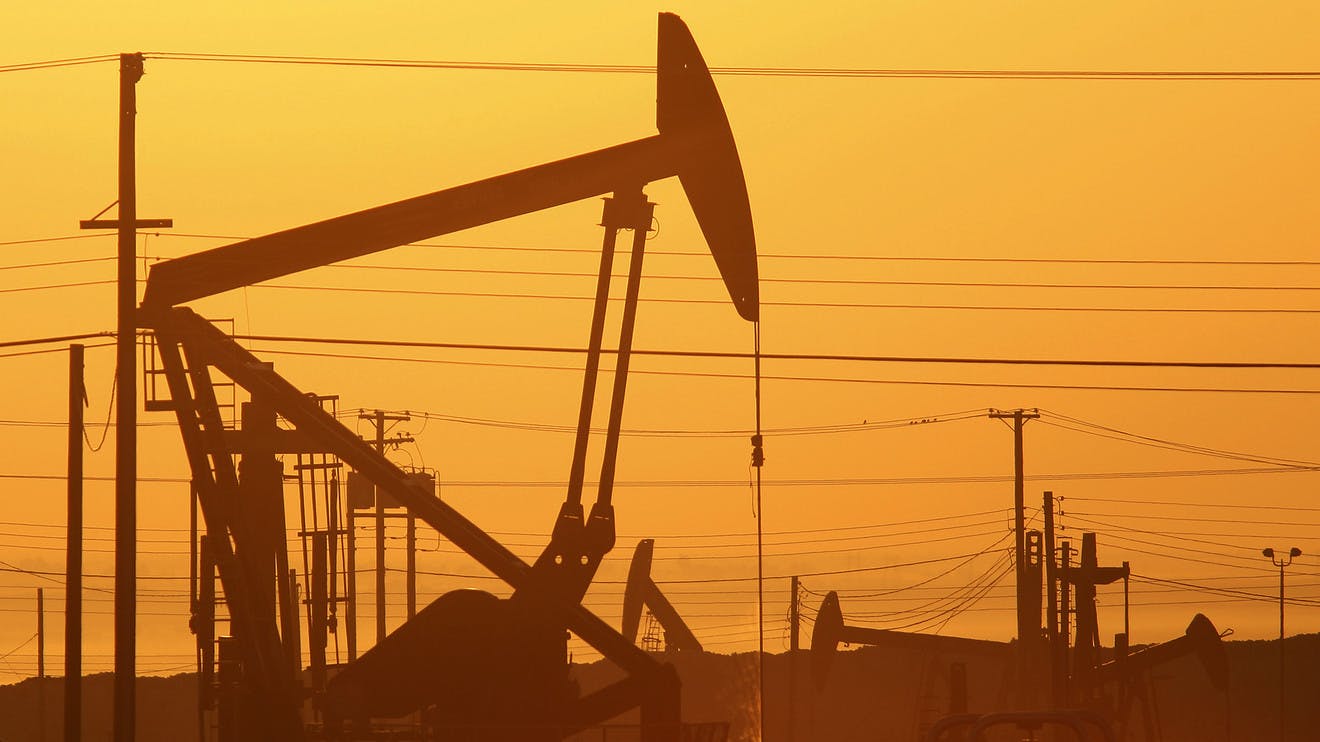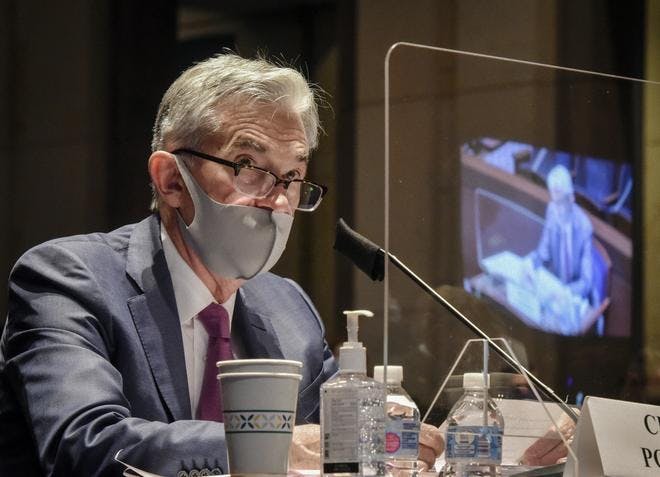 HuffPost
HuffPost
‘It’s Past Time’: Rep. Ilhan Omar, Sen. Bernie Sanders Unveil Bill To Strip Fossil Fuel Funding
In the richest and most powerful nation in history, doctors beg for basic protective gear amid a deadly pandemic, 21% of children live in poverty and 84-year-olds take jobs scrubbing motel toilets to survive.
Yet, as fossil fuel emissions cook the planet and wreak a mounting toll of destruction, the federal government gives oil, gas and coal companies nearly $15 billion per year in direct federal subsidies and already directed billions more in support through coronavirus relief programs this year.
Read more Wall Street Journal
Wall Street Journal
Schlumberger Cuts 21,000 Jobs Amid Historic Oil Downturn
Schlumberger Ltd., the world’s largest oil-field services company, is cutting about 21,000 jobs as oil producers slash spending in response to a historic drop in prices amid the coronavirus pandemic.
Schlumberger said Friday that it recorded $3.7 billion in impairment charges in the second quarter, including about $1 billion related to the job cuts, which represent roughly one-fifth of its workforce.
“This has probably been the most challenging quarter in past decades,” Chief Executive Olivier Le Peuch said, noting revenue fell sharply because of an unprecedented fall in oil-field activity in North America.
Read more MarketWatch
MarketWatch
U.S. shale oil production may take years to recover from COVID-19 demand slump
U.S. shale oil production has dropped since mid-March, with energy demand hit by the coronavirus pandemic and domestic producers potentially cutting this year’s capital expenditures by around half, leading to expectations that output may not fully recover for years.
“To say that U.S. shale oil has struggled since mid-March would be a big understatement,” says David Grumhaus, co-CIO at Duff & Phelps Investment Management. “The double whammy of Covid-related demand destruction combined with the Saudi-Russian price war in early March sent oil prices spiraling downward, putting significant pressure on U.S. shale.” He estimates that U.S. onshore oil production has fallen by roughly 20%, or 2 million barrels per day since March, and is unlikely to see a big rebound “in the near or medium term.”
Read more The American Prospect
The American Prospect
How the Federal Reserve’s Thumb is on the Bailout Scale
Four months ago Democrats inserted accountability and oversight provisions into the CARES Act, saying that they would aggressively track how money is being spent, particularly the money cannon constructed at the Federal Reserve. Four months later, there’s nobody chairing the main oversight entity, the Congressional Oversight Commission (COC). Yet the commission is still doing its work, putting out its third report this week, and planning a hearing on one of the Fed’s credit facilities, the Main Street Lending Program.
The finding in the third report was kind of interesting, and it reminded me of another milestone this week: the 10th anniversary of Dodd-Frank. That legislation was really more of a suggestion to regulators to change their rules, with some vague and discretionary guidelines for how to do it. The regulators really had the power to shape Dodd-Frank, as we see with the Trump administration undermining it without having to change a word.
Read more Fortune
Fortune
‘Historic opportunity’: Governments are facing a once-in-a-lifetime chance to transition to clean energy
Fatih Birol, the executive director of the International Energy Agency, has had a clear message to governments since the earliest days of the pandemic: Do not waste this chance.
As the world lurches into a series of global lockdowns—and plunges into a desperate financial crisis—a message of optimism might seem misplaced. But Birol, speaking to ministers and analysts nearly constantly throughout the crisis, has advised that once-in-a-lifetime stimulus plans offer the chance to set economies on a path toward a wide-scale clean-energy transition. Regular people, who have seen their daily lives overturned and, in many cases, have experienced for the first time what largely pollution-free cities can feel like, may be newly ready too.
Birol spoke to Fortune this week about what that transition could look like; why even climate laggards are coming to the table; the percentage of emissions from privately held national energy companies—and why every effort will be ineffective if governments fail to eliminate the emissions from coal.